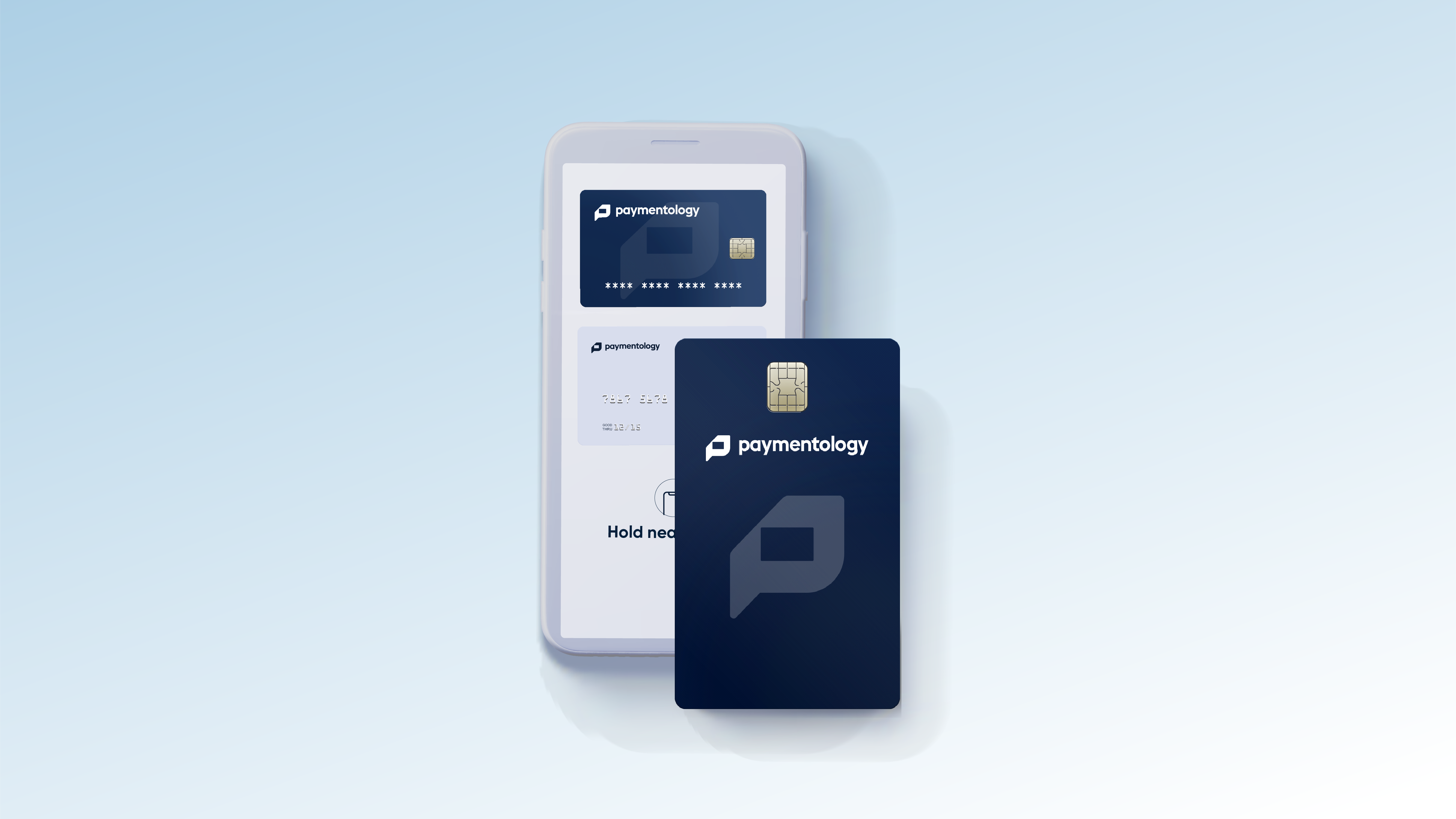Paymentology
17-04-24


Many businesses are looking to streamline their payment processes as they seek better ways to manage expenses, pay suppliers and distributors, pay wages to staff and issue credit to customers. But this isn’t easy, and most organisations lack the resources to implement labour-intensive payment processes.
That’s where card programme managers come into play. Card programme managers act as a hub for companies setting up their own card programmes, managing all of the relationships necessary to build and execute the project successfully. In this blog, we’ll take a look at the different roles and duties within a card programme.
There are a number of different tasks that need to be handled in the card issuing value chain. Businesses that have no expertise in payments will need to tap into the knowledge of various partners when designing and activating their own card management programme.
While we go into more detail in our guide to card programme management, here’s an overview of each player and what their duties are:
These act as a hub to centralise the relationship with all ecosystem partners, providing an end-to-end solution from onboarding to card issuance. They're instrumental to the strategy and design of the card programme, and also manage all compliance processes across the value chain.
Also known as the BIN sponsor or bank sponsor, the issuing bank will have the full financial obligations and compliance liabilities for the card programme. They allow vetted access to the card network and enable the issuance of cards as well as the provision of numbers for the cards.
The issuer processor holds the virtual balance and processes card payments. It connects issuing banks with the right networks of payments to empower the systems of record, ensures compliance with card networks, and takes responsibility for customer service, operations, risk and fraud management.
The payment network or scheme facilitates transactions through its proprietary payment rails, connecting card issuers with merchants. It will demand that card programmes adhere to its brand standards, while providing value added services and returning data and insights about each transaction.
The card manufacturer is responsible for the printing of cards, handling physical security aspects such as EMV chip encryption and sending out cards to cardholders.
These entities allow for virtualisation of the cards, tokenization and the push provisioning of these virtual cards to wallets such as Apple Pay, Google Pay, Samsung Pay or Alipay.
The complexity of the card issuing value chain means that businesses that want to set up their own card programme require a trusted partner to manage all of the processes for them. Get in touch today to speak to one of our card programme management experts to see how Paymentology can help you get your card programme up and running.
And if you need more information about how card programme management can help your organisation handle payments for a wide variety of use cases, download Paymentology's guide to card programme management.


